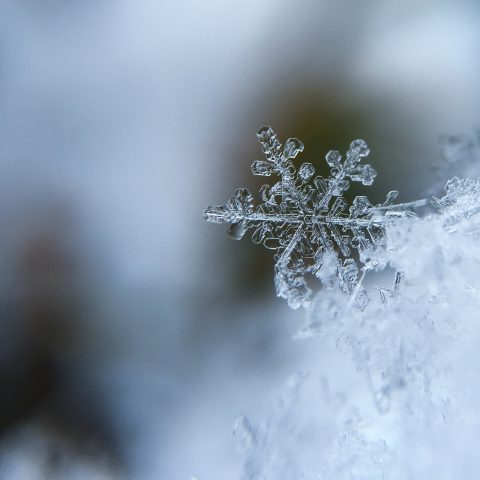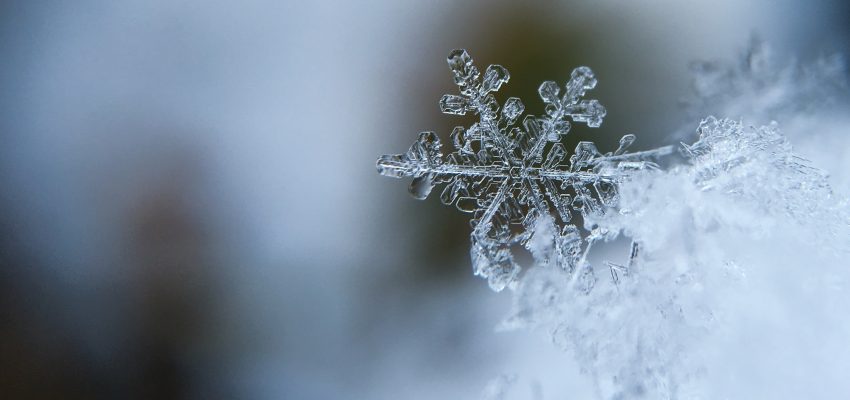Since the second quarter of 2020, many workers were forced to move their jobs from an office building to a home office. In fact, over 50% of Americans were either “always” or “sometimes” working from home less than a year later.
But how does this relate to winter?
With so many people spending more time at home, it’s more essential than ever to ensure you protect pipes from freezing, prevent damage to roof and gutters, care about driveways, and more.
You need to be sure, your home is ready for winter.
Let’s look at some steps you can take to make sure you can work through cold weather spells without interruption.
Protect Pipes from Freezing This Winter
Nothing will stop your workday faster than an exploded pipe.
If freezing weather causes your pipes to burst, the damage can be quick and severe. According to State Farm, it only takes a 1/8-inch crack in a pipe to spew 250 gallons of water per day.
That’s a lot of water.
This type of residential damage affects an average of 250,000 homes in North America each year, but you can protect pipes from freezing this winter with a few preventative measures:
- Before winter hits, check your home for any flaws in the insulation. This is especially critical in roofs. The better insulated your home is, the safer your pipes will be.
- Inspect your roof and walls for cracks and leaks that let freezing weather inside. Even a small opening can let enough cold air in, damaging piping systems.
- Consider heating cables, designed to keep water flowing in your pipes year-round. Self-regulating heating cables will adjust with the ambient temperature, creating an energy-efficient and self-serving solution.
Prevent Damage to Roof and Gutters
Your roof, and the gutter system that surrounds it, is particularly susceptible to damage from ice and snow. The roof collects falling snow, heat escaping through the roof melts the bottom layer of that snow, and the melt water refreezes in gutters and on roof coverings.
Of course, the more time spent at home the more heat is produced to keep the home warm, and the freeze, thaw, refreeze cycle happens more frequently. As this process repeats itself, icicles form, gutters are clogged, and ice dams – a buildup of ice that begins to creep back up under the roof coverings – begin to attack the integrity of your roof’s waterproofing. This process can lead to broken gutters, dangerous falling icicles, a leaking roof, and, in extreme circumstances, roof collapse.
These nightmare scenarios can be avoided by using self-regulating heating cables to melt snow and ice on the roof, to keep that melt water from re-freezing. and allow it a path allowing the water to run off the roof, through the gutters, and into the downspouts.
No More Shoveling Snow
Even though you may be taking your car out less this year, it’s still important to keep driveways and paths clear of snow and ice.
Slips and falls are common winter accidents and with more foot traffic around your home, it’s important to keep you and your family protected this winter.
Shoveling a driveway or path is no simple task. Depending on the size of your property it can take immense exertion just to clear one day of snow buildup. While salt can be a quick option to stop ice, an easier and more hands-free option is heated cables.
The benefits of a heated driveway installation include:
- An environmentally friendly alternative to rock salt or other chemicals
- No more numb hands and achy limbs from hours of shoveling snow
- Reduces the risk of slips and falls around the house
- Protects the integrity of your driveway and paths from snow build up year over year
- May increase the value of your home
Other Helpful Tips for at Home Comfort in Winter 2021/2022
Big events like frozen pipes and collapsed roofs aren’t the only things that can affect your home during winter months. There are smaller, everyday disruptions that can add up and stop productivity as well.
- Inspect your stoves and chimneys to ensure there are no blockages
- Service your furnaces and boilers yearly. A dirty air filter can significantly impair the performance of a forced air system.
- Feel for under door drafts – if a strong breeze can sneak under your door, so can freezing cold weather
- Update older appliances, including generators
- Change the direction of your ceiling fans to funnel warmer air into your home
For many workers, staying home through the winter months will be a reality. Ensure your home is comfortable, warm and safe this winter.
Download our Winter eBook today for more helpful tips, and a handy infographic about protecting your home from winter weather.



